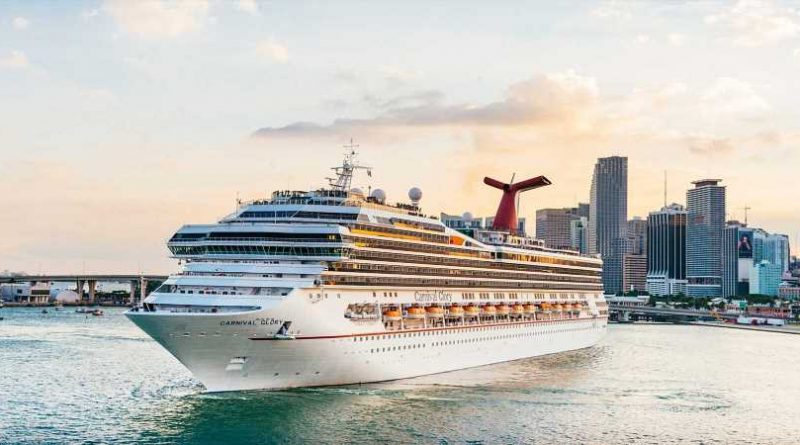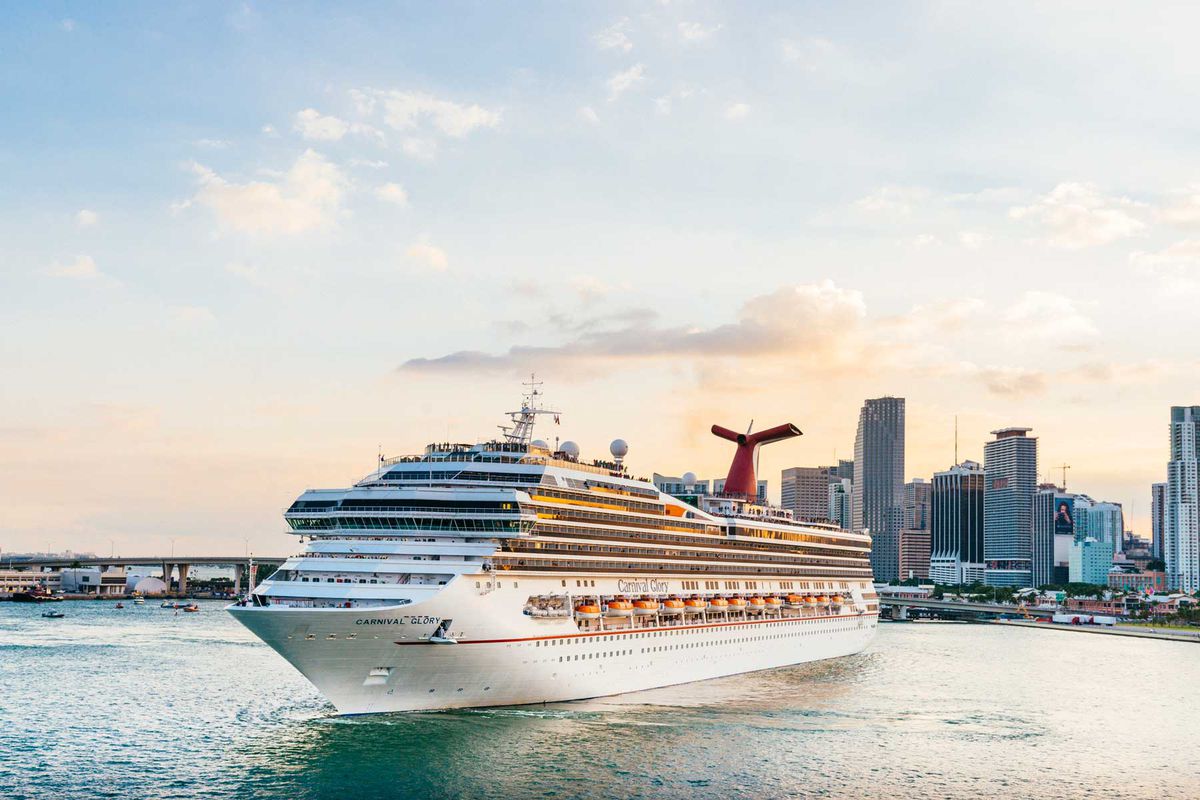CDC Says US Cruises Can Soon Set Sail With Volunteer Passengers — Here's What That Really Entails
The Centers for Disease Control and Prevention (CDC) outlined new protocols this week to get U.S. cruises sailing again. And it will all begin with a few intrepid volunteers.
On Wednesday, the CDC released its updated requirements for "simulated voyages" filled with volunteer passengers so cruise companies can prove they can sail without spreading COVID-19.
"With the issuance of these documents, cruise ship operators now have all the necessary requirements and recommendations they need to start simulated voyages before resuming restricted passenger voyages," the CDC said in a statement. "In addition, this release includes the COVID-19 Conditional Sailing Certificate application, which is the final step before restricted passenger voyages."
Before leaving port, the cruise company must first apply for the sailing, gain permission from the CDC, arrange for and continue to submit laboratory test results for every crew member on board, have written agreements with all U.S. port and local authorities, and more. Then, it must find its volunteers.
"All volunteer passengers must be informed in writing that they are participating in a simulation of health and safety protocols that are unproven and untested in the United States for purposes of simulating a cruise ship voyage and that sailing during a pandemic is an inherently risky activity," the CDC explained.
All volunteers must be at least 18 years old. They must also show proof of being fully vaccinated or share "written documentation from a healthcare provider or self-certified statement that the volunteer passenger has no medical conditions that would place the volunteer at high risk for severe COVID-19 as determined through CDC guidance."
Volunteers must also agree to post-trip testing and sample collection. They must also be willing to stay rather close to the ship as "self-guided or independent exploration by passengers during port calls is prohibited." And, the simulated cruise will have to end if 1.5% of passengers test positive for COVID-19 or 1% of crew members on board test positive.
While it sounds risky, it turns out more than enough people are ready and willing to volunteer. According to Travel Weekly, more than 150,000 people signed up for a test sailing with Royal Caribbean.
"The participation in and sentiment of the comments and conversations on the Volunteers of the Seas group has been incredibly motivating," reps for the cruise line said in a statement in December. "It's refreshing to be reminded of all the people out there who are excited about the possibility of sailing and eager to come onboard a Royal Caribbean International ship again."
There is, however, one way for cruise lines and passengers to bypass this system, and that's by ensuring herd immunity. In April, the CDC said cruise ships could legally bypass these simulated voyages if they can guarantee 98% of a ship's crew is vaccinated against COVID-19, and 95% of its passengers are fully vaccinated as well.
"CDC acknowledges that it is not possible for cruising to be a zero-risk activity for the spread of COVID-19," the CDC stated. "While cruising will always pose some risk of COVID-19 transmission, CDC is committed to ensuring that cruise ship passenger operations are conducted in a way that protects crew members, passengers, and port personnel, particularly with emerging COVID-19 variants of concern."
Source: Read Full Article




